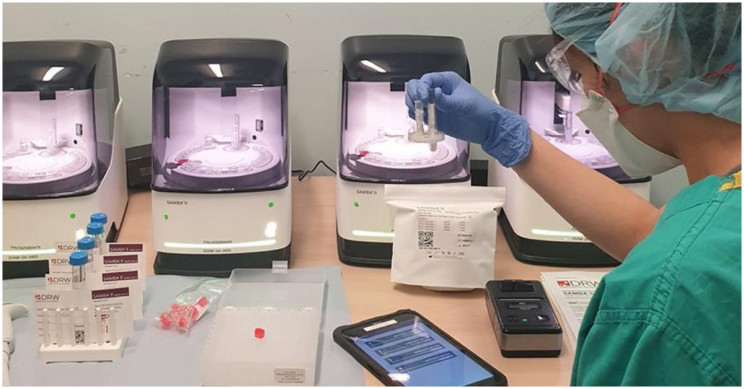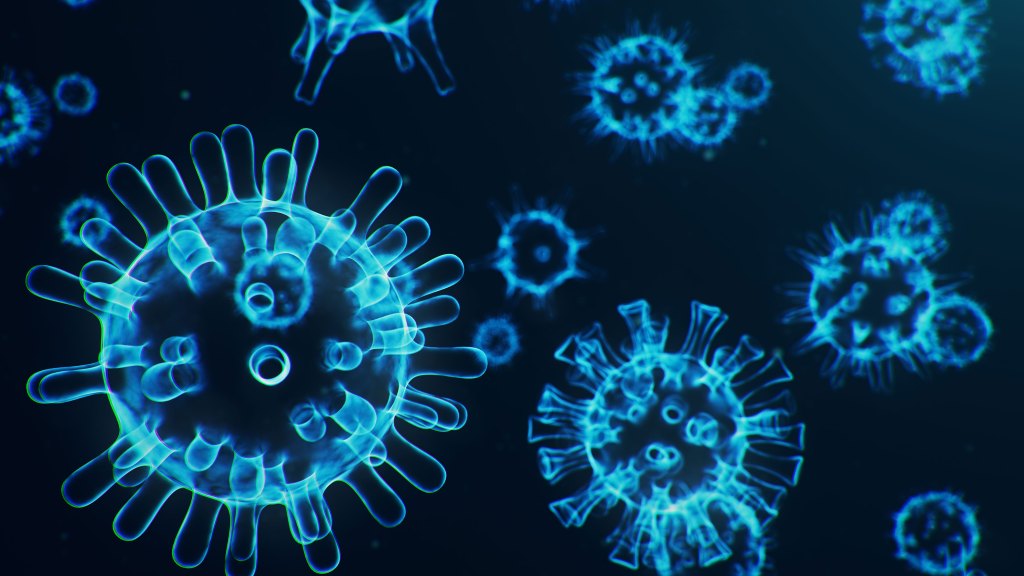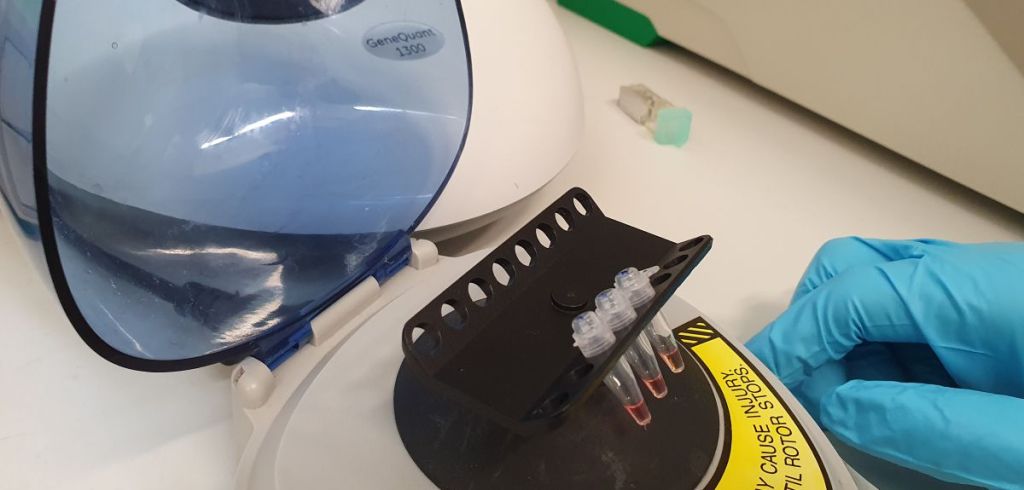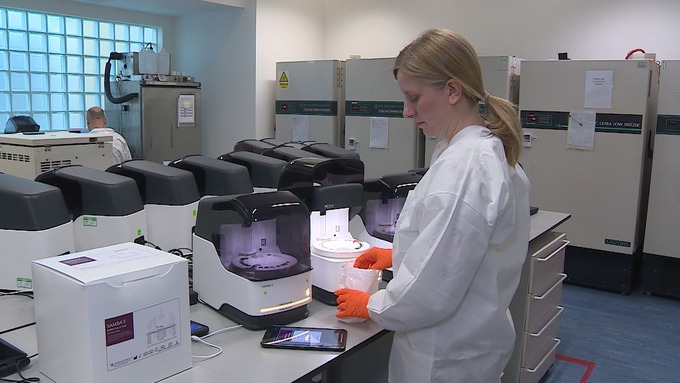SAMBA II is the latest diagnostic testing solution for viral infections. What sets it apart is its capability of diagnosing a patient in under 90 minutes. The test has been developed by a University of Cambridge spin-out and has been deployed at Cambridge hospitals before it is launched across the hospitals located in The United Kingdom.

SAMBA II is a connected platform intended for infectious disease management. The SAMBA II machines will be utilized by healthcare workers to quickly diagnose patients and then having the tested positive patients move towards dedicated wards thus helping to curb the spread of the disease. It can also help to identify the NHS workers that have been infected even if they are still in the incubation period.

These machines have been developed by Diagnostics for the Real World (DRW). As mentioned earlier, it is a spin-out company from the Diagnostics Development Unit (DDU) located at the University of Cambridge. It was established back in 2003 to bring the cutting-edge research carried out by the DDU to the patients that could use it. These SAMBA II machines are offering an accurate and simple diagnostic opportunity for COVID-19.
Dr. Helen Lee, CEO of Diagnostics for the Real World and also an Associate Professor in the Biotechnology at the University of Cambridge, said, ‘Our goal has always been to make cutting-edge technology so simple and robust that the SAMBA II machine can be placed anywhere and operated by anyone with minimum training.’ Dr. Lee has also been given the European Inventor Award 2016 in the Popular Prize category.

As per Diagnostics for the Real World, ‘the tablet module controls the assay module and receives all results via Bluetooth. The tablet module can send results to the Bluetooth printer, or via SMS, mobile Internet, or Wi-Fi to a backup tablet or a tablet in a remote clinic that send their samples to be tested with SAMBA II. The tablet module can also send test results in a standard format to a laboratory information system (LIS), to a Ministry of Health service, or the SAMBA dashboard. Test results can also be downloaded directly from the tablet via USB. With SAMBA II, test results can be sent to those that need them.’

The University of Cambridge says, ‘SAMBA II looks for tiny traces of genetic material belonging to the virus, amplifies it billions of times chemically, and is therefore extremely sensitive in the detection of active infections.’ The tests performed by SAMBA II machines, 102 in total on patient samples, have been validated by the Public Health England, Cambridge. The SAMBA II machines have an accuracy of 98.7% when it comes to correctly identify positive cases.


